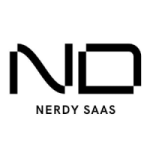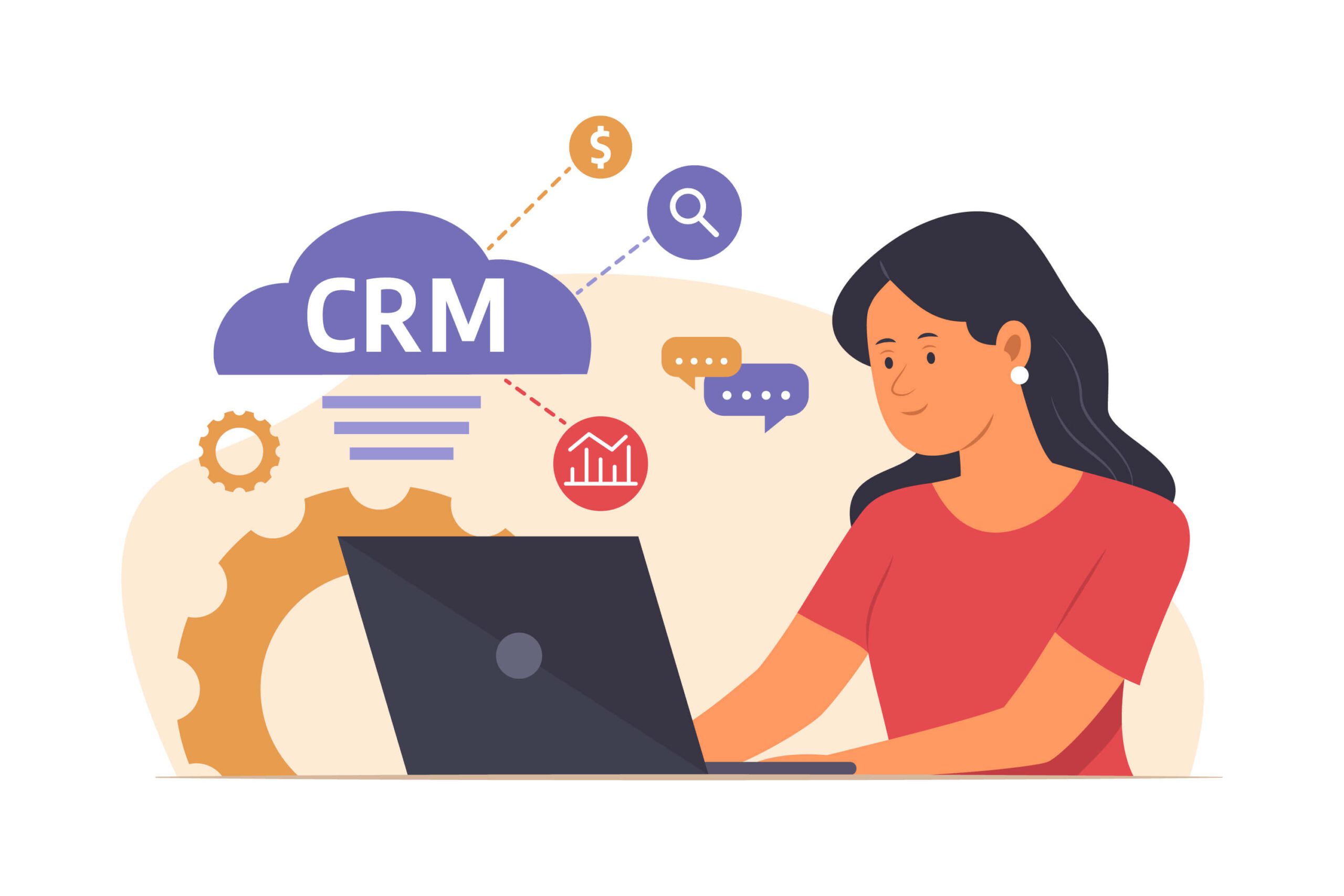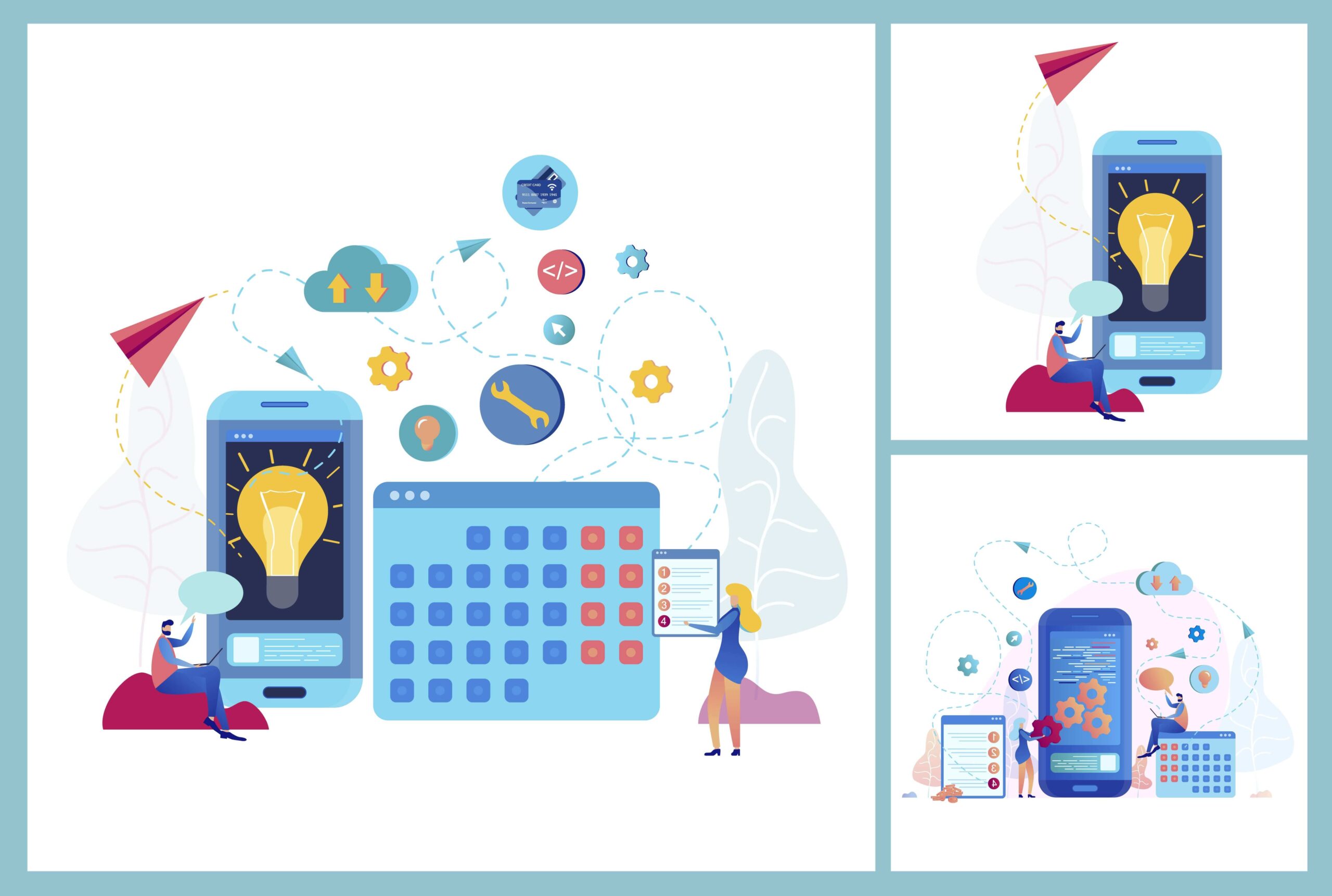Hello readers, in todays post we are going to discuss about the CRM software and its benefits but in more details, as the title in itself is telling about it. So, as we are now seeing maintaining a solid customer relationship is very-very important than ever in today’s business environment that’s why businesses nowadays need a more powerful Customer Relationship Management (CRM) system. You may improve customer interactions, streamline sales processes, and increase overall productivity with the aid of a CRM software.
There are a plenty of CRM software solution options are available on the market, so it can be difficult for businesses to know where to start. To assist business owners in selecting the best CRM software for their organization, we have created this guide.
Understanding the Importance of CRM Software
Customer relationship management (CRM) software is a crucial tool for businesses of all sizes in today’s competitive business environment. A CRM system can help businesses by:
- Organize and manage customer data: CRM systems can help businesses to track and store customer information, such as contact details, purchase history, and preferences. This information can then be used to personalize customer interactions and provide better service.
- Gain insights into customer behavior: CRM systems can help businesses to track customer interactions and behavior. This information can then be used to identify trends and patterns, which can help businesses to improve their products and services.
- Deliver personalized and timely solutions: CRM systems can help businesses to deliver personalized and timely solutions to customers. This can be done by using customer data to identify their needs and preferences.
- Increase customer satisfaction and loyalty: By providing personalized and timely solutions, CRM systems can help businesses to increase customer satisfaction and loyalty. This can lead to repeat business and referrals, which can boost a business’s bottom line.
Here are some specific examples of how CRM software can be used to improve customer relationships:
- A CRM system can help businesses to track customer interactions, such as phone calls, emails, and website visits. This information can then be used to identify opportunities to follow up with customers and provide additional assistance.
- It can help businesses to segment their customer base based on factors such as purchase history, demographics, and interests. This information can then be used to create targeted marketing campaigns and promotions.
- It also can help businesses to track customer feedback and resolve issues quickly. This can help to improve customer satisfaction and loyalty.
Why CRM Software Matters More Than Ever!
Let’s first discuss about why choosing the right CRM software is so important for business success before we get into details about the specifics of making the right choice. Every business, no matter how big or little, needs a CRM system to keep ahead of the curve in today’s fast-paced and intensely competitive environment. Here’s why:
- Boost Productivity: A well-tailored CRM solution streamlines your business processes, making your team more efficient and productive.
- Enhance Customer Service: Customers are the heart and soul of any business. A top-notch CRM software empowers your team to deliver personalized and timely support, turning happy clients into loyal brand advocates.
- Increase Sales Revenue: By organizing leads, automating follow-ups, and tracking opportunities, CRM software helps sales teams close deals faster and hit revenue targets!
- Insightful Analytics: Data is gold in the business world! With the best CRM software, you’ll have access to valuable insights, allowing you to make data-driven decisions.
- Marketing Magic: Nail your marketing campaigns by segmenting audiences, tracking engagements, and delivering tailored messages, all within the CRM system!
- Collaboration Central: CRM software fosters seamless collaboration among different departments, bringing your teams together for smoother operations.
Common Types of CRM Software
Understanding the many types of CRM software is very important before you start your search for your ideal product for your business. Each type of tool focuses on different facets of customer management and serve the particular corporate objectives. Let’s look at the most typical ones first:
- Operational CRM: The powerhouse of customer management! This type focuses on enhancing customer-facing processes, such as sales automation, marketing automation, and service automation.
- Analytical CRM: Get your data game strong with analytical CRM. It helps you analyze customer interactions and behaviors to refine your strategies and improve decision-making.
- Collaborative CRM: If team collaboration is your priority, this CRM type is your go-to! Collaborative CRM facilitates inter-departmental communication, ensuring everyone is on the same page.
- Campaign Management CRM: As the name suggests, this CRM variant is all about rocking your marketing campaigns! It helps you plan, execute, and measure the success of your marketing initiatives.
The Top 10 CRM Software Solutions Unveiled
1. Zoho CRM Plus – Perfect for Small Businesses
Zoho CRM Plus stands out as a top pick for small organizations looking for a robust and affordable CRM system. Numerous capabilities, including as contact management, lead tracking, email marketing, and sales automation, are available on this comprehensive platform. Teams may efficiently cooperate and streamline workflows because to its user-friendly UI.
2. Salesforce Sales Cloud – Ideal for High Customization Needs
Salesforce Sales Cloud is the best when it comes to broad flexibility and scalability. This market-leading CRM solution offers unmatched flexibility and integration possibilities to cater to enterprises of all sizes. You gain a competitive advantage thanks to its powerful reporting and analytics capabilities, which enable data-driven decision-making.
3. HubSpot CRM – Your Ally in Marketing and Ease of Use
An established brand in the marketing industry, HubSpot CRM, offers easy connectivity with their marketing automation solutions. This CRM system excels at lead generation and nurturing in addition to helping with contacts and deal management. Your staff will have a quick learning curve thanks to the user-friendly UI, increasing productivity in general.
4. Pipedrive – A Sales Focus for User-Friendly Experience
With its distinctive focus on sales-driven features, Pipedrive enables your sales staff to close agreements quickly. Pipedrive streamlines transaction tracking and gives useful insights into the sales pipeline thanks to its user-friendly and illustrative interface. Pipedrive is a strong candidate if sales-driven procedures are the lifeblood of your company.
5. Ontraport – Comprehensive Features for Enhanced Efficiency
Businesses looking for a CRM system with a wide range of functions beyond simple contact management are catered to by Ontraport. Its strengths include e-commerce connection, workflow management, and marketing automation. Ontraport is the solution for businesses looking for an all-in-one business automation tool.
6. Nimble – Unleashing the Power of Customer Prospecting
Nimble shines in its ability to assist businesses in prospecting and building meaningful relationships with potential customers. Its social media integrations and contact enrichment features provide valuable insights, making it an ideal CRM for nurturing leads and growing your customer base.
7. Nutshell – Empowering Sales Management
For businesses that prioritize effective sales management, Nutshell offers a user-friendly CRM platform with intuitive sales automation features. It enables efficient lead tracking, collaboration, and communication, making it a valuable asset for sales teams striving for excellence.
8. Apptivo – Versatile and Adaptable
Apptivo’s versatility sets it apart, making it suitable for a wide range of industries and business sizes. Its modular structure allows you to customize the CRM system according to your specific needs, ensuring a tailor-made solution for your unique requirements.
9. Close – Optimized for Inside Sales Teams
Close is engineered to meet the specific needs of inside sales teams. With a strong focus on communication, task management, and pipeline visualization, Close streamlines the sales process and ensures your team stays on top of their game.
10. NetHunt CRM – Seamless Integration with Gmail
For businesses heavily reliant on Gmail, NetHunt CRM offers seamless integration through Zapier, providing a smooth and efficient workflow. Its collaboration features and email tracking capabilities make it an attractive choice for Gmail users seeking a user-friendly CRM solution.
Key Evaluation Criteria for Choosing the Right CRM
As you embark on the journey of selecting the ideal CRM software for your business, consider the following key evaluation criteria:
1. Usability and User Interface
A user-friendly CRM system minimizes training time and enhances productivity across your organization.
2. Contact Management and Organization
The ability to manage and organize customer data efficiently is vital for delivering personalized experiences.
3. Customization and Scalability
A CRM solution should be customizable to align with your unique business processes and scalable to accommodate future growth.
4. Reporting and Analytics
Robust reporting features provide valuable insights, enabling data-driven decision-making and performance tracking.
5. Automation and Integration Capabilities
Automation streamlines workflows and integrations with other tools enhance overall efficiency.
Frequently Asked Questions (FAQs)
Q: Is CRM software only for big businesses?
A: Not at all! CRM software is beneficial for businesses of all sizes. Whether you’re a one-person show or an enterprise with thousands of employees, a CRM system can supercharge your growth.
Q: Can I try CRM software before committing?
A: Absolutely! Many CRM providers offer free trials or demo versions for you to test the software’s features and functionalities.
Q: Can I migrate my data from my old CRM system to a new one?
A: In most cases, yes. Reputable CRM providers offer data migration services to help you seamlessly transfer your existing data to the new system.
Q: How much does CRM software cost?
A: The cost of CRM software varies depending on the features, user licenses, and the size of your business. Some CRM providers offer subscription-based pricing, while others may charge a one-time fee.
Q: Is cloud-based CRM better than on-premise?
A: Both options have their pros and cons. Cloud-based CRM offers more flexibility and easy access from anywhere, while on-premise CRM provides more control over your data. Choose the one that aligns with your business needs.
Conclusion
Selecting the right CRM software can be a game-changer for your business, and we are confident that armed with the insights provided in this article, you are well on your way to making an informed decision. Remember to carefully assess your business needs, consider the key evaluation criteria, and explore the top-notch CRM solutions we have discussed. With the right CRM in place, you can supercharge your customer relationships, streamline operations, and witness exponential growth in your business. Happy CRM hunting!




